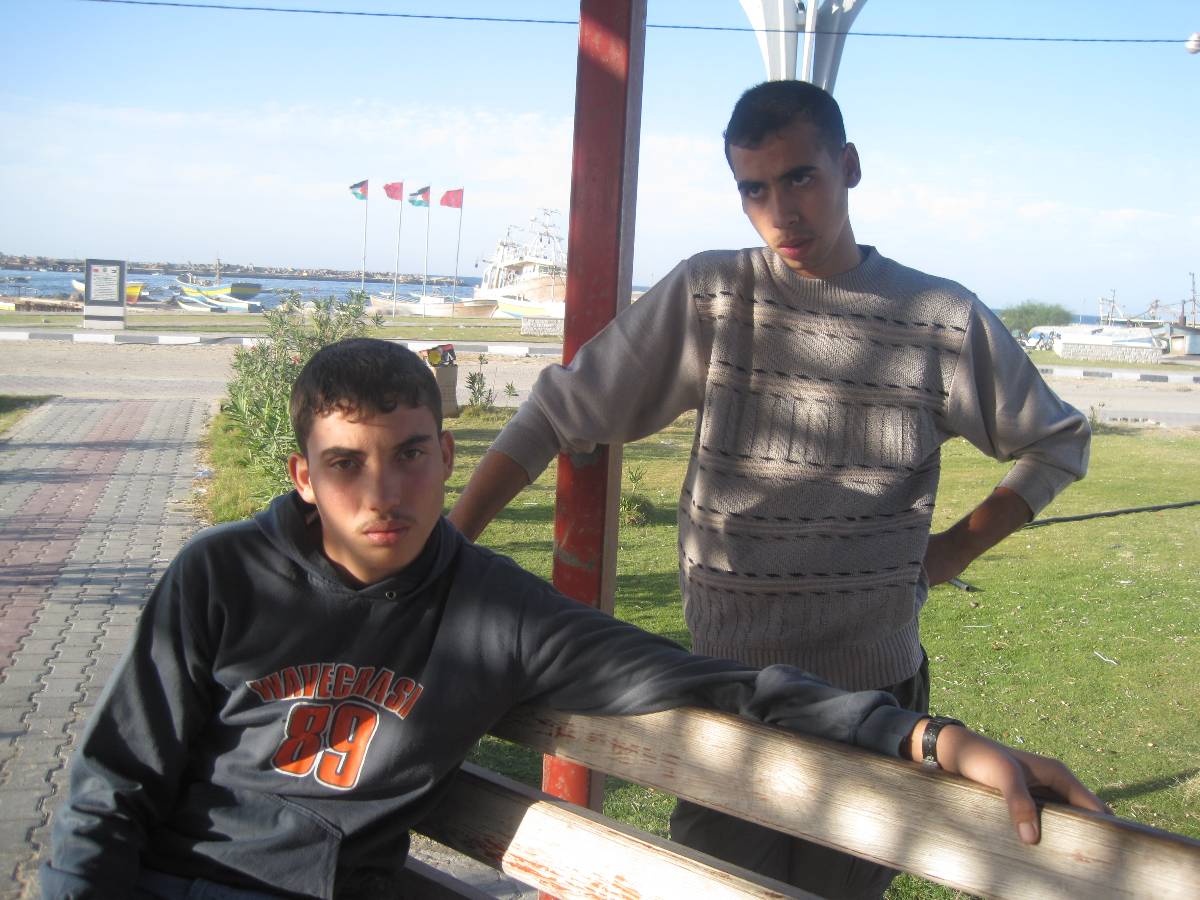Tag: Fishermen
-
Israeli navy kidnaps two Palestinian children and uncle fishing in Gazan waters
by Radhika S. 12 November 2011 | International Solidarity Movement, Gaza Seventeen-year-old Abdul Qader Baker still has no idea why the Israeli navy surrounded his small fishing boat at 4 a.m. Thursday morning, ordered him, his 17-year-old cousin Mohamed Baker, and his uncle, Arafat Baker, to strip off their clothes, stand shivering in their underwear…
-
Fishing in Gaza – no day at the beach
24 October 2011 | Notes from Behind the Blockade I saw an Israeli naval warship for the first time yesterday, a concrete monster the color of ash, guzzling up the Mediterranean and spurting it out in its wake. I rose early to go out with the Oliva, a small white boat used by Civil Peace…
-
International activists in Gaza defiant despite repeated attacks
26 September 2011 | Islam Online, Hama Waqum The Civil Peace Service (CPS) Gaza human rights observation boat has returned to the waters off the Gazan coast after being grounded for two months due to Israeli naval attacks. CPS Gaza aims to monitor human rights violations committed off the coast of Gaza, in which Gazan fishermen…


